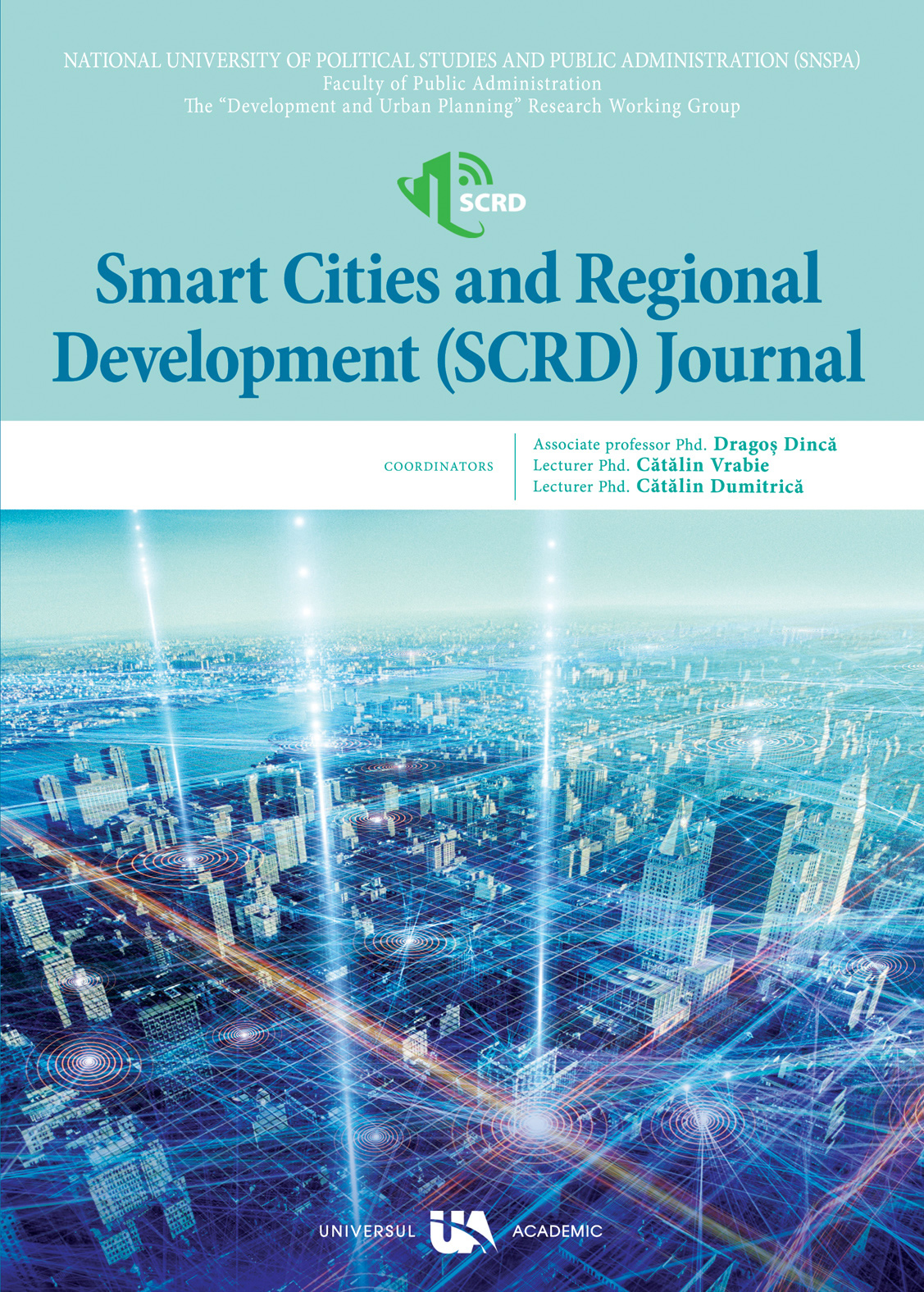An IoT system for healthcare in the smart city
An IoT system for healthcare in the smart city
Author(s): Aleksandra Labus, Branka Rodić, Miloš Radenković, Svetlana MITROVIĆ, Tamara NaumovićSubject(s): Politics / Political Sciences, Social Sciences, Economy, Education, Geography, Regional studies, Governance, Public Administration, Environmental and Energy policy, International relations/trade, Welfare systems, Developing nations, Methodology and research technology, Management and complex organizations, Health and medicine and law, Family and social welfare, Demography and human biology, Social Informatics, Welfare services, Economic development, Environmental interactions, Fiscal Politics / Budgeting, ICT Information and Communications Technologies, Socio-Economic Research
Published by: Editura Universul Academic (SC GOOD LUCK SRL)
Keywords: smart healthcare; wearables; stress management; heart rate monitoring; smart city
Summary/Abstract: Urban lifestyle, stressful work, a large number of daily obligations significantly affect the occurrence of stress. If stress reduction is not addressed, adverse effects on human health may occur. This paper proposes a model of smart healthcare service based on the Internet of Things. The main goal is to develop an IoT system that will enable real time monitoring of citizens’ stress in a smart city, during their everyday lives. Users of this system can monitor stress level and receive notifications and recommendation how to low down stress via their mobile phones. Depending of the detected stress level, users of the proposed system can be provided with relaxation materials in the form of short relaxing video or audio contents. After the stress level is normalized, the user receives a notification and can continue with normal activities. Unlike well-known solutions for stress management, this solution is wearable and can provide biofeedback to both, users and therapist or healthcare workers. The proposed IoT system is developed using intelligent devices such as mobile phones, Raspberry Pi microcomputer, Arduino microcontroller, and sensors for monitoring heart rate and skin conductivity. As a support for monitoring stress level a responsive web application is developed. All the measured data are stored in the cloud. Based on obtained and analyzed data, users can manage the stress level and prevent disease. The obtained results could serve as a good basis for adoption and implementation of stress management as a smart city service.
Journal: ORAȘE INTELIGENTE ȘI DEZVOLTARE REGIONALĂ
- Issue Year: VI/2022
- Issue No: 02
- Page Range: 77-89
- Page Count: 13
- Language: English

